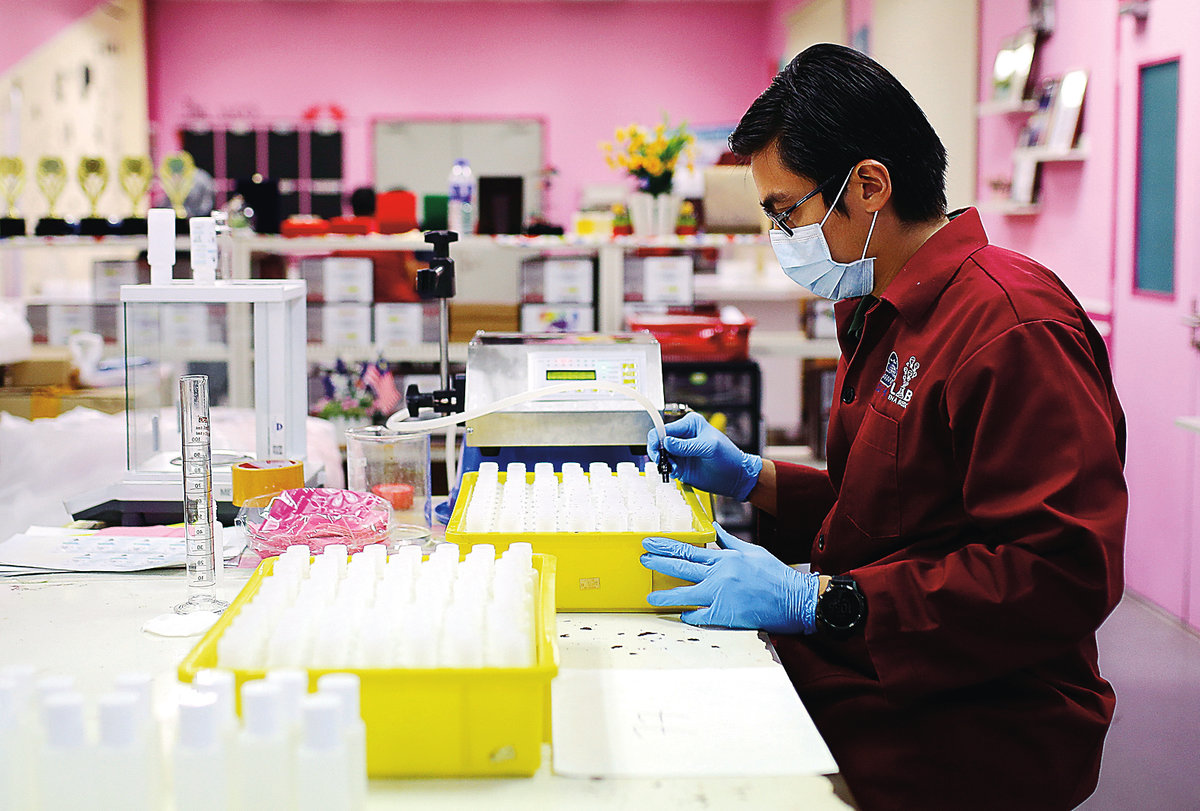WHEN we think of healthcare, doctors and nurses often come to mind. However, there is another group of professionals working tirelessly behind the scenes, the allied health professionals (AHP).
These experts play a pivotal role in delivering patient-centred care, ensuring that patients receive comprehensive services, from diagnosis to recovery and rehabilitation.
Who Are AHP?
AHP encompass a wide range of specialists such as medical laboratory scientist, physiotherapists, radiographers, dietitians, occupational therapists, speech-language pathologists and many more.
They provide essential services in diagnostics, rehabilitation, therapeutic services and prevention. Whether they help patients regain mobility after an accident or diagnose complex conditions using cutting-edge technology, AHP are integral to healthcare delivery.
AHP are the backbone of sustainable rehabilitative care. Their role goes far beyond diagnosis or acute hospital care. They are essential to a holistic, people-centred approach that begins before diagnosis and continues through recovery, especially within primary health care and community-based settings.
Impact of AHP
AHP perform crucial tasks that directly impact patient outcomes. For instance, radiographers use imaging technologies like X-rays and MRIs to provide the data doctors rely on for critical decisions.
Clinical laboratory technologists analyse blood samples, providing essential information for treatment plans. Rehabilitation services further highlight AHP’s contributions.
Physiotherapists help patients recover mobility after surgery or injury while occupational therapists promote independence in everyday activities.
During the Covid-19 pandemic, respiratory therapists and laboratory technologists were instrumental in managing ventilators and processing test samples, ensuring timely, life-saving care.
Addressing need for recognition and resources
Despite their vital role, AHP’s efforts often go unseen. The Allied Health Professions Act 2016 (Act 774) addresses the registration of individuals practising as AHP, elevating them in Malaysia.
However, beyond registration, greater recognition and investment in AHP are essential for their continued contribution to the healthcare sector.
Recognising the contributions of AHP is essential to raising public awareness, showcasing their value and creating greater opportunities for professional growth and recognition.
One way to enhance visibility is by incorporating AHP into national healthcare policies, ensuring their roles are acknowledged in workforce planning and service delivery models.
Additionally, public awareness campaigns can educate communities on the services that AHP provide, fostering appreciation for their work.
Establishing recognition programmes, such as national awards or career advancement pathways, can also motivate and retain talent within the profession.
In terms of resources, more efforts should be made to expand educational opportunities for aspiring AHP.
Universities and training institutions should be encouraged to offer specialised AHP programmes, ensuring a steady pipeline of skilled professionals.
Moreover, increasing access to continuous professional development courses, workshops and certification programmes will enable AHP to stay updated with the latest advancements in their fields.
Innovators in healthcare
AHP are more than just support staff, they are innovators driving advancements in healthcare in a multidisciplinary team.
Their expertise in adopting new diagnostic tools and therapeutic techniques help enhance service delivery and improve patient outcomes. Public-private partnerships play a key role in transforming healthcare systems.
Meeting the human capacity needs of the AHP is not something we can do alone; it requires strong partnerships. Collaboration between academia, the government and private sectors is vital.
From diagnosis to rehabilitation, the contributions of AHP are essential in patient care.
As healthcare continue to evolve, it is crucial to recognise and support these professionals who ensure that every patient receives comprehensive, high-quality care.
Assoc Prof Dr Phelim Yong is the head of the School of Biosciences, Faculty of Health and Medical Sciences at Taylor’s University and L. Mageswary is the director at the Allied Health Sciences Division in the Health Ministry. Comments: letters@thesundaily.com









